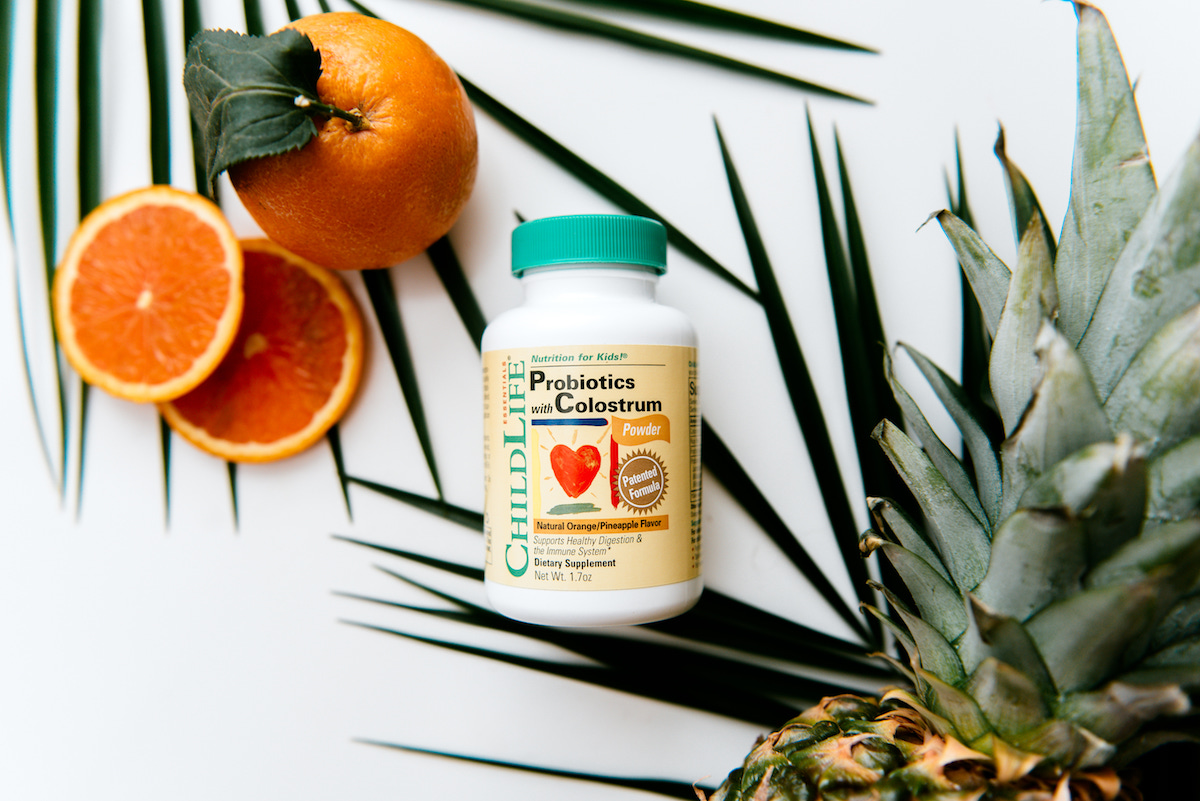By Nicole Avena, PhD
The composition and general health of the human gut microbiome is incredibly important throughout our lives. In fact, the gut microbiome is essential to developing a balanced immune system and in some cases, predicting our health, in just the first month of life. Fortunately, we have learned that through the use of probiotic supplements for children and adults, we can potentially help manage dysregulation of the human microbiome as a result of a variety of chronic conditions and diseases as well as further support an already healthy gut microbiome.
Probiotic supplements contain microorganisms that can change the balance of different bacteria in the host (our gut). The most common strains used are Lactobacillus, Bifidobacterium, and Streptococcus. Basically, they support a healthy population of good organisms in the gut and help dominate over the potentially pathogenic microorganisms. Probiotics don’t just come from supplements either–we can also find them in fermented foods too such as yogurt, sauerkraut, miso, soft cheeses, kefir, pickles, etc. The benefit of probiotic supplements is that it allows us to better control the amount we are getting or which strains, give probiotics to infants who may not be eating solid foods yet, and for young children, fill in a gap for picky eaters.
How to improve the gut microbiome has been a huge question on researchers’ minds for years and there is no shortage of research on the benefits of probiotics. Among that research, we are finding that probiotics for kids (including infants) may potentially help with many different conditions such as acute infectious diarrhea, antibiotic-associated diarrhea, atopic diseases (such as atopic dermatitis and asthma), necrotizing enterocolitis, chronic inflammatory bowel disease, and other conditions such as Helicobacter pylori gastritis or irritable bowel syndrome, according to the American Academy of Pediatrics.
The best probiotic supplements for your infant or young child will depend on their stage of life, ability, or preference. You can find pediatric probiotics in liquid form for your infants, and you can also find soft melts, chewable tablets, and flavored or unflavored powders that can be mixed with liquids or soft foods. When buying probiotics for your child, you’ll also want to read the box to make sure you know how to store them–some require refrigeration whereas others may explicitly tell you not to refrigerate them.
Lastly, keep in mind that not all strains have effectiveness, so the best probiotic supplements will contain strains with proven efficacy such as Lactobacillus. In some cases, the best strain will depend on which condition you are trying to manage. As with any medication or supplement, before starting your child on any probiotic regimen, you’ll want to speak with their pediatrician to find the best course of action.




